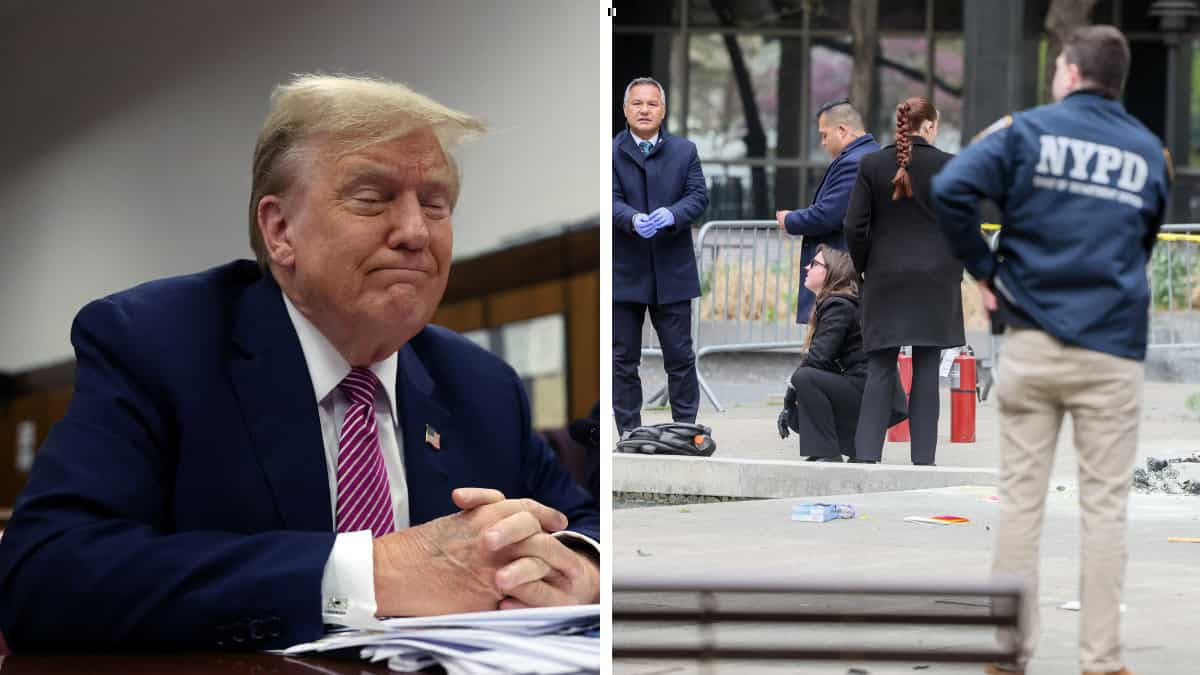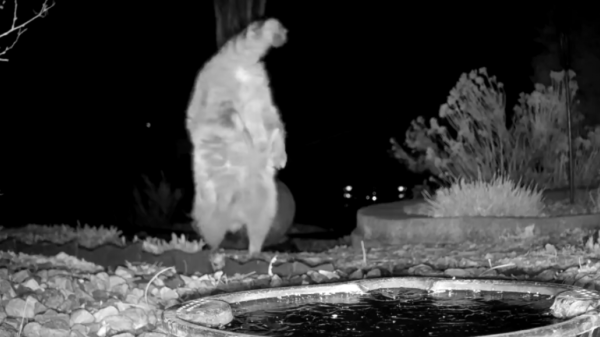Man Sets Himself on Fire Outside New York Courthouse During Trump Hush Money Trial
A shocking incident unfolded outside the New York courthouse where former United States President Donald Trump’s historic trial was taking place. A man set himself on fire on Friday, April 19, leading to critical injuries and hospitalization at the Cornell Burn Unit.
Details of the Incident
According to reports, the incident occurred after the selection of the full panel of jurors, consisting of 12 jurors and six alternates. The trial proceedings were expected to commence on Monday, April 22. The charges against Trump involve allegations of paying hush money to porn star Stormy Daniels and falsifying business records.
Sequence of Events
The New York Police Department Chief of Department, Jeffrey Maddrey, described how the man entered Collect Pond Park, located across from the Manhattan courthouse, where he distributed pamphlets before setting himself on fire. Despite the efforts of bystanders and officers to extinguish the flames, the man sustained severe burns.
Witness Accounts
Witnesses on the scene recounted the harrowing sight of the man engulfed in flames after dousing himself with a liquid from a canister. Emergency responders swiftly attended to the injured individual and transported them to receive medical care.
Police Response and Investigation
New York Police Department officials assured the public of no immediate safety threats following the incident, urging caution due to potential traffic disruptions in the area during the investigative process.
Legal Proceedings
The trial proceedings continued as the jury selection finalized with the inclusion of alternates. Judge Juan Merchan emphasized the importance of maintaining confidentiality and avoiding external influence on the case. Trump, facing a 34-count indictment, has maintained his plea of not guilty to the charges brought by Manhattan District Attorney Alvin Bragg.
As the trial progresses, Trump stands as the first former US president to face criminal charges, marking a significant moment in legal history.















































